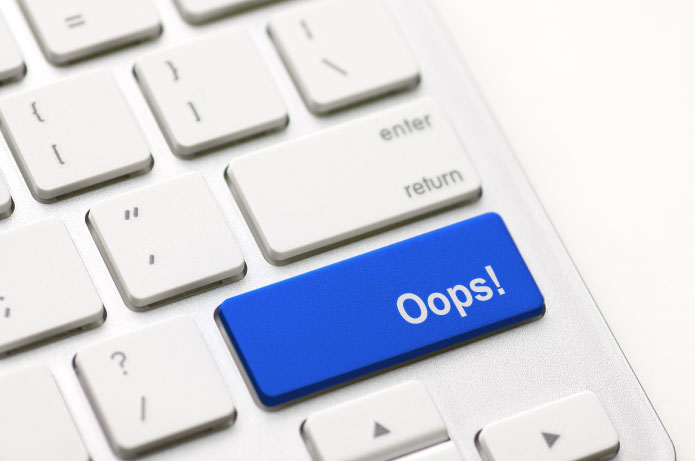We are at the beginning of a new year, a time we traditionally use to set goals and establish objectives that will guide the company's path throughout the year. However, those who think it is enough to simply go with the first "big idea" that comes to mind are mistaken. On the contrary, to do this correctly, it is necessary to evaluate the company's history, starting with the 2024 balance sheet.
I know saying this may seem somewhat obvious, but many companies still do not follow this process. There are managers who believe they should wipe the slate clean on the previous year as soon as the break ends and real work begins. Well, based on my experience, unless it is a new organization in the market, it makes no sense to pretend that nothing happened before.
You may be wondering: why? The answer is simple: starting everything "from scratch," ignoring the existence of prior work, ruins all chances of your business thriving. After all, even if you abandon it and start another company, change fields, or want to do the same work in a different way, you need to understand the past to get the present right and ensure a better future.
In this sense, the recommendation would be to have a document containing data with the previous year's balance, to understand your company's current situation, recognizing mistakes and successes, as well as knowing where it is doing well and where it needs to improve. Without this, it is difficult to know where to go. And as the grinning cat from the classic story Alice in Wonderlandwould say, if you don't know where you are going, any road will take you there.
However, be aware that 'any road' is not a good option when we have a business we wish to grow, especially with employees who depend on us and their jobs. Therefore, using OKRs – Objectives and Key Results – can be a great solution to define the best course of action at the moment, both for the year and, especially, for the next three months.
Yes, three months is an ideal timeframe; after all, a year nowadays seems like a decade, and OKRs help us a lot in working better with shorter cycles. This way, it will be possible to adjust what went wrong, if necessary, and start working towards results. And once you set the goals and establish the objectives – short, medium, and long-term – to achieve these expected results, it will be easier to determine which path you should take.
And remember: it is perfectly acceptable to admit that the chosen path was not the best or not what you expected; these things can happen and are more common than one might think. It is always possible to recalculate the route and head in a new direction. We can make mistakes, as long as they are new mistakes.


